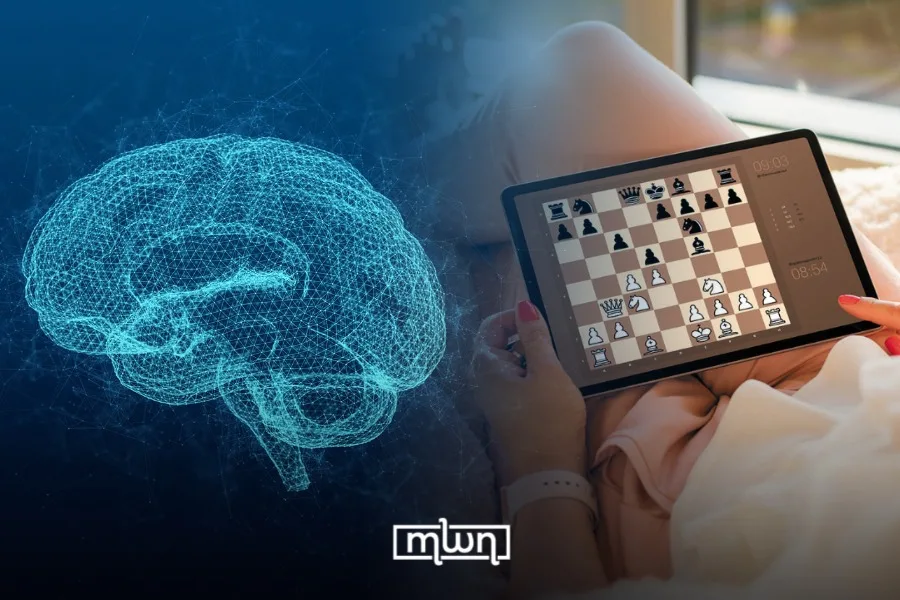Marrakech – Scientists have found the first strong evidence in humans that mental training can increase levels of a brain chemical known to decline with age.
In a 10-week study involving people aged 65 and older, researchers discovered that rigorous cognitive exercises done for 30 minutes daily raised levels of acetylcholine, a neurotransmitter linked to attention and memory, by 2.3% in a key brain region.
“The increase is not huge,” says Étienne de Villers-Sidani, a neurologist at McGill University in Montreal. “But it’s significant, considering that you get a 2.5% decrease per decade normally just with aging.”
In other words, the brain training appeared to turn back the clock by roughly 10 years.
The finding is “persuasive,” says Michael Hasselmo, director of the Center for Systems Neuroscience at Boston University, who was not involved in the study. “It was compelling enough that I thought, ‘Maybe I need to be doing this,’” he adds.
The results reinforce earlier research in animals which showed that stimulating environments can boost certain neurotransmitters. Previous studies in humans have suggested that cognitive training can enhance thinking and memory, though concrete biological evidence has been scarce.
The new study, funded by the US National Institutes of Health, arrives amid a boom in digital brain-training programs like Lumosity, Elevate, Peak, CogniFit, and BrainHQ. But it has remained unclear whether these tools truly change the brain in measurable ways.
“They had a positive impact on some cognitive measures,” says de Villers-Sidani, “but then the question was, how much is it changing the brain and how is it changing the brain?”
In exploring this question, his team focused on acetylcholine.
The researchers studied 92 healthy participants aged 65 and older. Half played simple computer games such as solitaire and Candy Crush for 30 minutes a day, while the other half completed intensive exercises from BrainHQ, a program designed to challenge memory, attention, and processing speed.
“It’s really targeted at attention and speed of processing, and it kind of pushes you to the limit,” de Villers-Sidani says.
Using PET scans, the researchers measured acetylcholine changes in the anterior cingulate cortex — a brain region involved in decision-making and error detection.
“I was not sure we would find anything, to be honest,” de Villers-Sidani admits.
But the results were clear: acetylcholine levels stayed the same in those who played casual games but rose significantly in those who did structured cognitive training. Increases were also seen in other areas, including the hippocampus, which is crucial for memory.
Even small gains matter, Hasselmo explains, because acetylcholine not only transmits brain messages but also regulates neuron behavior affecting learning and attention.
“If you block the neuromodulator function in the brain, a person can’t even think,” he says. “You go into a delirious state.”
Hasselmo notes that early Alzheimer’s drugs worked by raising acetylcholine levels, suggesting that brain training could one day offer a similar, drug-free path to maintaining cognitive health.
















